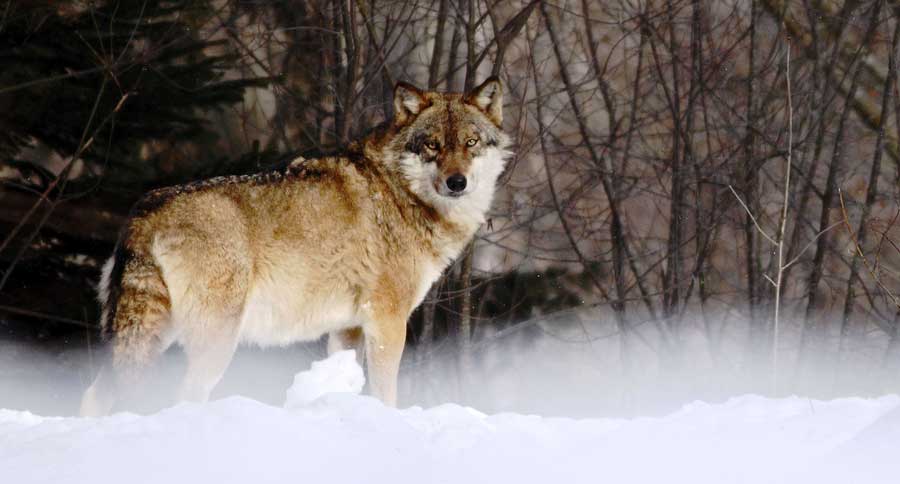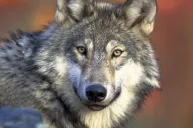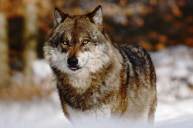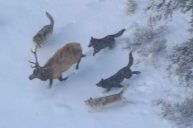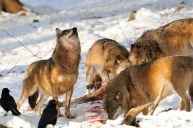Wolf management via hunting and trapping could once again be in the cards for Minnesota, as wolves are close to being removed from the endangered species list.
In spite of misguided efforts by animal rights groups, science-based wolf management could once again become a reality for Minnesota. As early as next year, in fact.
The U.S. Fish and Wildlife Service (FWS) is preparing to delist wolves from the endangered species list, which could open the door for managing these big predators like every other game animal in the state.
If they could, unrealistic animal rights groups would see to it that wolves stay protected in perpetuity. This would, of course, spell disaster for the health of ungulates and other prey species, as well as for the wolf population itself.
As we know, animal rights groups simply don't understand what is required for the long term sustainability of wildlife populations.
I'd expect these groups to sue the FWS to try and thwart the delisting, even if that means that wolves lose in the long run. The ironically-named Center for Biological Diversity is at the forefront of this anti-conservation effort.
Craig Engwall, executive director of the Minnesota Deer Hunters Association, said that hunters do not wish to exterminate wolves. He's right. Hunters, in general, value the opportunity to hunt the magnificent predator and they appreciate its place on the landscape. They also understand that the wolf should be effectively managed as is every other game species in the state.
"Deer hunters think it's really legitimate to reduce the numbers of wolves in accordance with plans," Engwall said in a Star-Tribune article. The last year that Minnesota had a wolf season was 2014. Since then their population has risen largely unimpeded.
Currently, the state has an estimated wolf population of more than 2,600 animals.
"Minnesota's wolf population is doing well," said Dan Stark, Minnesota DNR large carnivore specialist. "There's not a significant change in number or distribution."
Stark emphasized that hunting and trapping seasons will be conducted in ways that will sustain the long-term presence of wolves.
"Our goal is to ensure that the wolf continues to thrive here and that we address conflicts between wolves and people," he said. And of course the money raised by the tens of thousands of hunters and trappers who will purchase licenses will help continue to fund wolf and other wildlife conservation efforts.
Like what you see here? Experience more articles and photographs about the great outdoors at the Facebook page, Stumpjack Outdoors.
NEXT: MAN FIGHTS OFF ATTACKING WOLF IN DESPERATE MOMENT OF SELF-DEFENSE
WATCH
